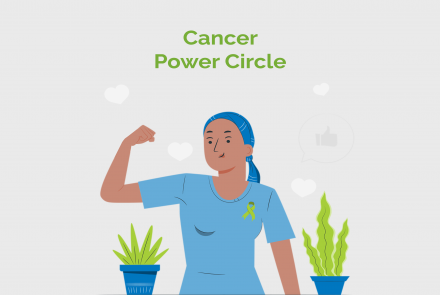This Community will address questions and discussions on all forms of Cancer. We will support each other - patients and caregivers in their journey
Found this interesting article. What are your thoughts on it?
http://www.grassfactor.com/cancer.htm

This Community will address questions and discussions on all forms of Cancer. We will support each other - patients and caregivers in their journey